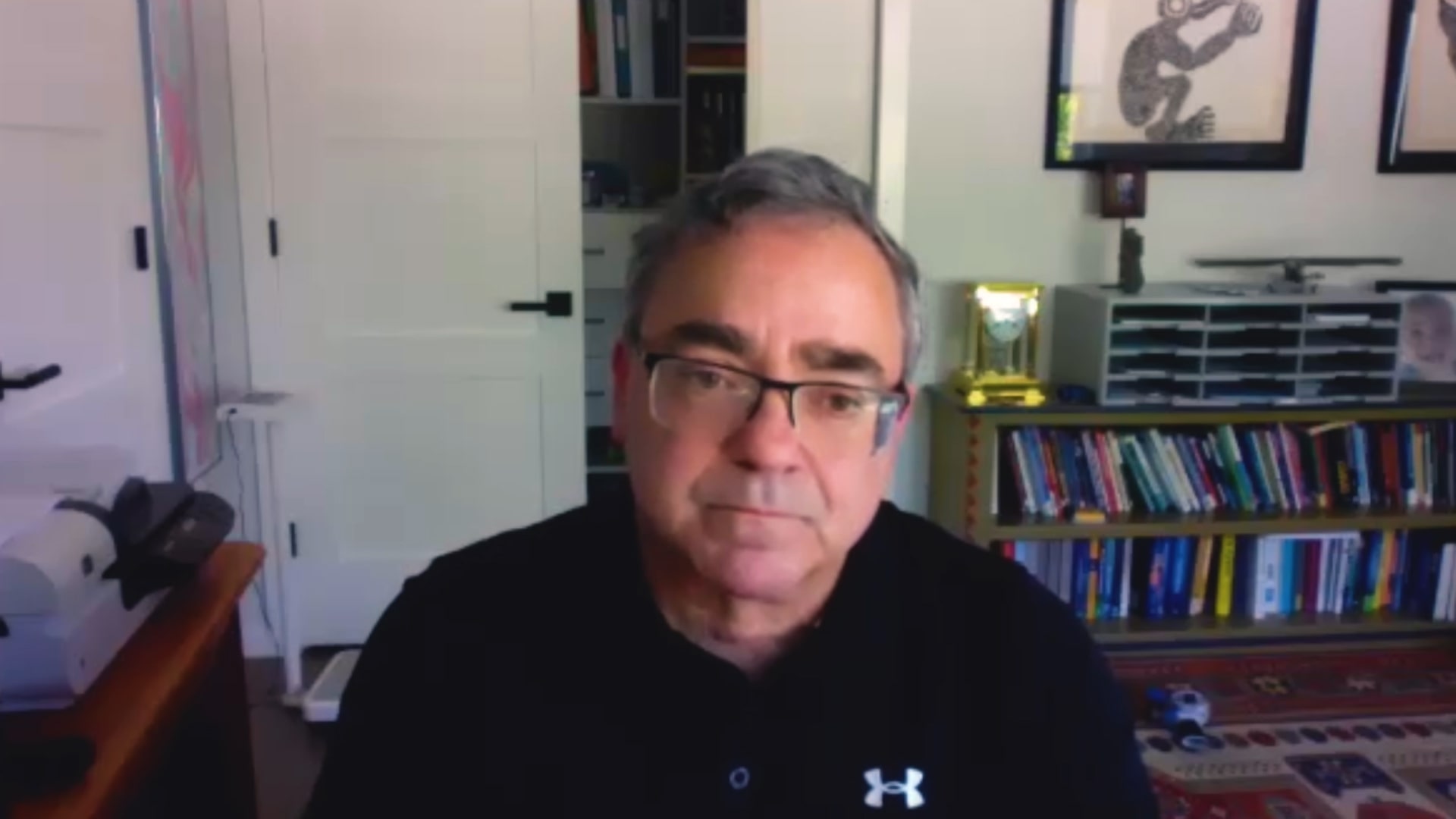
Airline Competitive Landscape
Former CEO at Spirit Airlines
inpractise.com/articles/airline-competitive-landscape-post-covid19
Why is this interview interesting?
- Why the budget airlines will be in a better position than larger flag carriers post-crisis
Ben Baldanza
Former CEO at Spirit Airlines
Interview Transcript
How do you see the industry structure evolving, post-Covid? Maybe you can share or elaborate on how you saw the competitive landscape change, post the 2008 crisis, between the low-cost carriers, versus the flagship or hub and spoke carriers and how that evolved?
Every crisis that the airline industry has faced, over the last 40 years, has resulted in changes in the competitive positioning and it’s also pushed some M&A, merger and acquisition activity, in the industry. I expect that that will be true with this crisis, as well. This crisis is hurting every airline, is pressuring every airline’s cash, it’s weakening their balance sheet. Some airlines are going to fail. We saw Virgin Australia do the equivalent of a bankruptcy filing there. We saw a small carrier, in Alaska, file for bankruptcy, a company called Ravn Air. There will be others, I think, that fail as a result of this.
But as airlines are managing through this, some are going to do a better job than others. They’re going to do a better job in managing their cash, managing their relationship with their customers, managing the relationship with their vendors, with their aircraft suppliers. As we emerge from this, the relative positioning of who is strong and who is weak will have changed somewhat. Some airlines that might have thought of themselves as a buyer, now has to think of themselves, maybe, as a seller. Others might be vice versa. I expect that, as we emerge from this, the airlines with the strongest relative balance sheets, are going to be the stronger players. I expect that to be more of the budget carriers, because they are not as dependent on the business travel that is likely to go away, as a result of this virus. Since they carry more of the leisure demand and that, I believe, is going to recover more strongly, I think they will recover sooner. They also don’t rely, as heavily, on a real high average ticket price. If it takes longer to bring the rate back, they don’t need to wait as long for that.
Today, in the US, for example, there are four huge airlines: American, United, Delta, Southwest. Collectively, those four airlines carry 80% of the traffic, inside of the US. But the 20% that aren’t those four airlines, I think are going to recover faster than those four. When we look at the world, maybe two years from now, that 20% pool of airlines, might be 25% of the market and the big four might be 75% of the market. The long-haul services are going to take longer to come back, under any scenario of demand return. I think most people are going to be comfortable taking a two or three hour flight, before they’ll take a 14-hour flight. The airlines that have a lot of long-haul demand, like a Delta, like a British Airways, like an Emirates, are going to take longer to come back than the others. I think that the share of those big airlines, the global network, long-haul kind of airlines, is going to shrink some and the budget airline’s share is going to grow. The whole pie may be a little smaller, but the share of that pie is going to change a little bit too.
I also think we’re going to see some M&A that’s going to happen, probably in the 2023 to 2026 timeframe, that is the result of someone feeling bullish that they are relatively stronger and can make a play on another carrier now. It’s happened in every other crisis and I think it’s going to happen this time, too.
Copyright Notice
This document may not be reproduced, distributed, or transmitted in any form or by any means including resale of any part, unauthorised distribution to a third party or other electronic methods, without the prior written permission of IP 1 Ltd.
IP 1 Ltd, trading as In Practise (herein referred to as "IP") is a company registered in England and Wales and is not a registered investment advisor or broker-dealer, and is not licensed nor qualified to provide investment advice.
In Practise reserves all copyright, intellectual and other property rights in the Content. The information published in this transcript (“Content”) is for information purposes only and should not be used as the sole basis for making any investment decision. Information provided by IP is to be used as an educational tool and nothing in this Content shall be construed as an offer, recommendation or solicitation regarding any financial product, service or management of investments or securities.
© 2026 IP 1 Ltd. All rights reserved.


